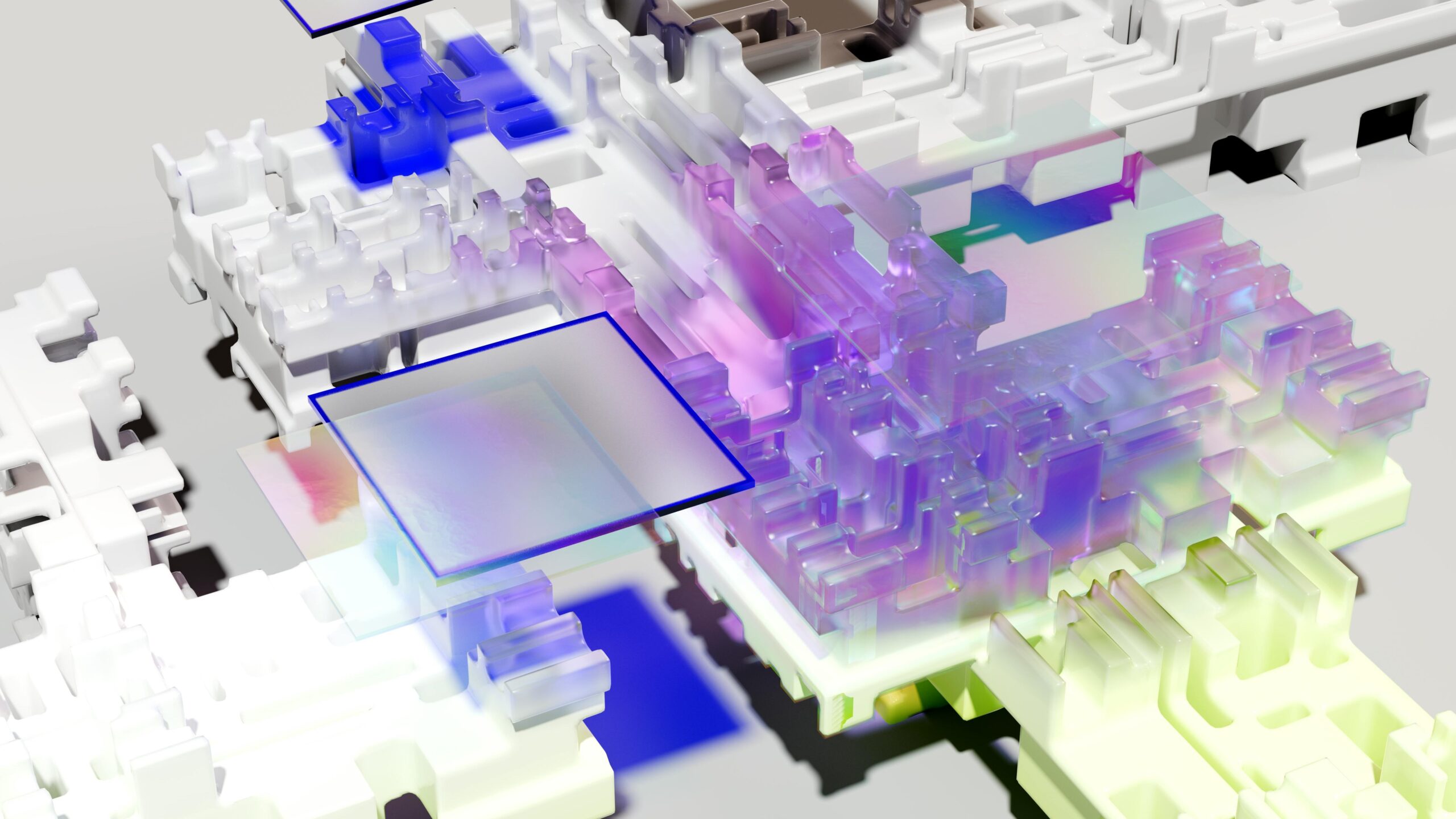Hungarian public opinion is split when it comes to technological trends, a new survey by Bosch Group and Richter Gedeon reveals. The findings, presented at the BoschxRichter Innovators’ Day conference in Budapest, show that while many citizens expect innovation to improve quality of life in the long run, others remain cautious about its implications.
The research, titled Innovation Ranking: These Are the Breakthroughs Hungarians Believe In, found that most respondents are hopeful about progress in renewable energy, climate protection, healthcare, and biotechnology. However, attitudes vary widely depending on age, education, and income. Young adults between 16 and 29 proved more than one and a half times as open to new technologies as those over 60.
Looking ahead to the next 10 to 15 years, Hungarians expect major advances in artificial intelligence, security and defence technologies, and industrial automation. Yet more than three-quarters of respondents placed greater importance on breakthroughs in sustainability and health. Around half of those surveyed considered the automotive industry the most innovative, while many also highlighted the potential of urban micromobility, public transport, and smarter infrastructure.
A significant share believes that by 2040 European transport will be largely electric, and that urban infrastructures will become ‘smarter’. 64 per cent said they would welcome the benefits of smart cities, and 61 per cent would prefer to live in ‘15-minute’ cities where everyday services are within walking or cycling distance.
Still, some innovations spark resistance. About 40 per cent rejected the idea of vehicles controlled by voice commands or brainwaves, and one in three opposed the use of fully autonomous robotaxis.
In healthcare, the survey found that most Hungarians expect pharmaceutical innovation to deliver improved quality of life, better safety, and more effective treatments. Around 60 per cent considered the development of new drugs vital for tackling currently incurable diseases, while half emphasized the importance of reducing side effects and addressing emerging health threats.
Artificial intelligence was seen as the most influential driver in the pharmaceutical sector by 35 per cent of respondents, though only 23 per cent were convinced of its usefulness. Technologies based on mRNA were identified as a fast-developing area, yet they also attracted the lowest levels of trust. By contrast, personalized medicine, new mechanisms of action, and gene-editing innovations were regarded as the most promising pharmaceutical trends.
The study was conducted by the Europian Research Institute on behalf of Bosch and Richter, using a representative sample of more than 1,000 respondents via mobile and web applications between 16–19 May.
Related articles:







